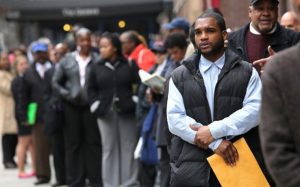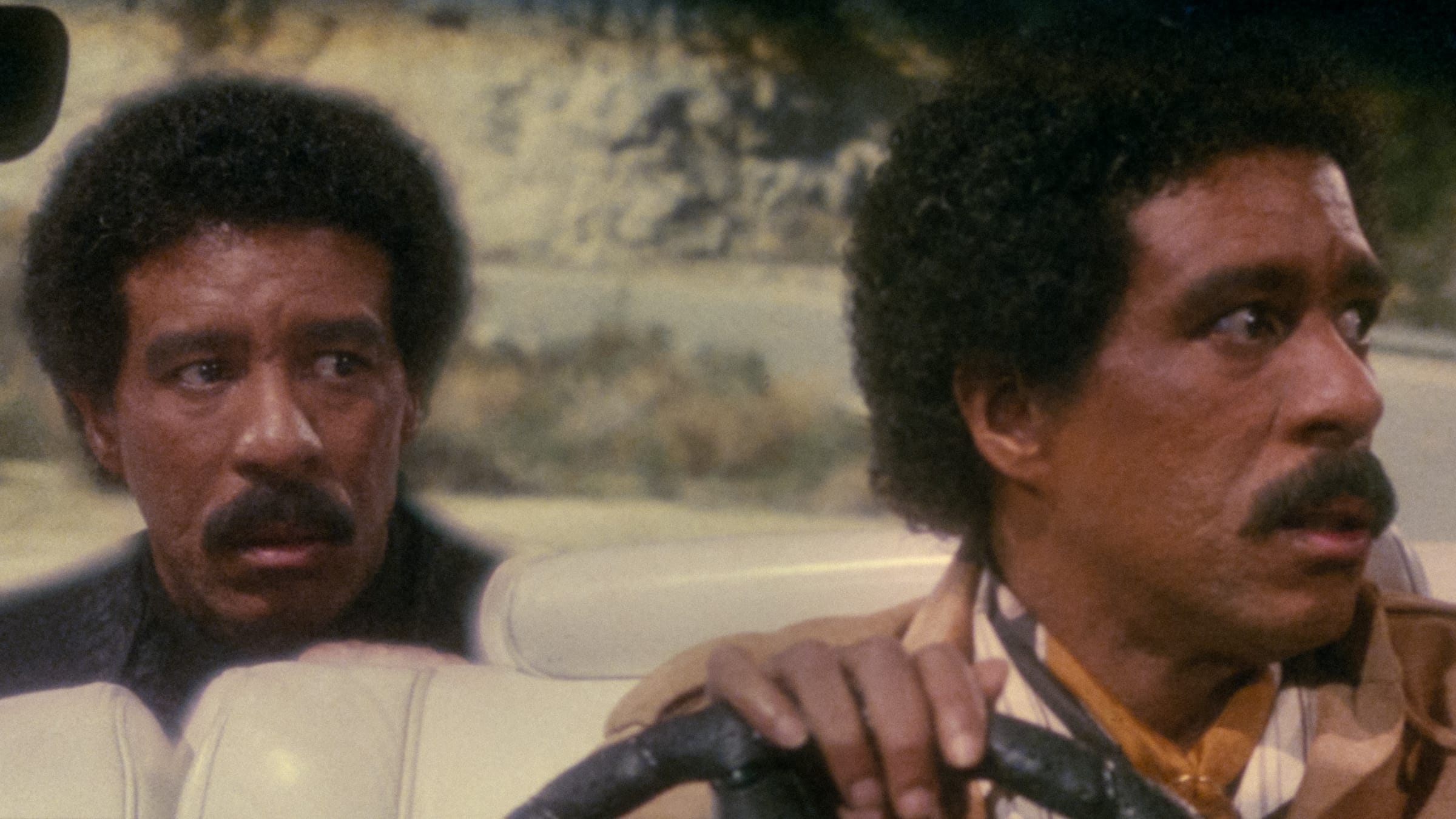(ThyBlackMan.com) At the turn of the twentieth century, black communities found themselves in a precarious position. Concentrated in the South, increased mechanization of farming threatened their livelihoods and increased hostility of white southerners threatened their lives. Combined with the lack of educational opportunities, these conditions became the impetus for the largest group migration in American history as chronicled in Isabelle Wilkerson’s bestseller The Warmth of Other Suns. Between 1915 and 1970 an estimated six million African Americans made their way North and West seeking jobs and an escape from Jim Crow oppression.
Now, in the second decade of the twenty-first century, black communities again find themselves in a dilemma: will their inhabitants be able to find work in the economy being created as part of the Fourth Industrial Revolution, or Industry 4.0? Automation is projected to have a profound impact on employment and in a new study by leading global consulting firm McKinsey& Company, entitled The future of work in black America (http://www.mckinsey.com/featured-insights/future-of-work/the-future-of-work-in-black-america?cid=eml-web), they lay out the challenges that black workers will face in the coming years and put forward some solutions for successfully dealing with the changes in the nature of work.
The report points out that “African Americans start from a deprived position in the workforce with an unemployment rate twice that of white workers” and that deprivation is compounded by the fact that “African Americans are overrepresented in support roles that are most likely to be affected by automation such as truck drivers, food service workers and office clerks.” Further, “disparities in educational attainment are a primary contributor to the increased risk of job disruption from automation.”
Taking a look at educational attainment, recent results from achievement tests for the D.C. public schools reveal that only forty percent (40%) of fourth graders were reading at grade level. The L.A. Times reported that the California Assessment of Student Performance and Progress showed that for black students in L.A. public schools, only thirty-two percent (32%) were performing at grade level in English and a dismal twenty percent (20%) were performing at grade level in math. With students falling so far behind in these early grades, it’s difficult to see how they will be prepared to take the jobs in the healthcare, business and legal professions, for instance, that are projected not to be as affected by automation and are, in fact, expected to grow.
As an example of the dramatic effect that Industry 4.0 will have on jobs in the future, a recent Forbes article reported that Wells Fargo “plans to reduce headcount by two hundred thousand in the next ten years by using branch automation.” Back office, bank teller and call center jobs will be most affected while artificial intelligence, coding and data science jobs are all projected to increase.
To further exacerbate the problem, the McKinsey report finds that “the largest amount of African America job disruption from automation could be in the areas with the largest African American populations”, particularly in so-called mega-cities like Washington, D.C. and Chicago and stable or declining cities like Detroit and Baltimore. These are precisely the places earlier generations of African Americans fled to during the “Great Migration.”
Just as our parents and grandparents found ways to overcome the adversity they were faced with, we have to find ways to make a place for ourselves in the new economy. Obviously, education has to be of paramount importance if we are to thrive and prosper in the era of Industry 4.0. Education is largely the jurisdiction of state and local governments and we have to hold these elected officials accountable for providing the necessary facilities and curricula that will allow our children to succeed. And we, as adults, have to provide the right home and community environments conducive to learning.
Moreover, we have to look to becoming “owners” of enterprises and not just “employees.” Even in the industries where we are the highest paid workers, sports and entertainment, there is still only one black owner of a major sports franchise and one black owner of a movie studio. We should see this as unacceptable. And as the cities that we live in – many of which we are in political control of – are gentrifying, we have to ensure that we fully participate in the revitalization of the downtown business districts, and all manner of municipal commerce, not just commercial strips in the ‘hood.
The future is here. Earlier generations sacrificed and found ways to navigate much more difficult terrain in order for us to get ahead. No excuses. It’s our turn now.
Staff Writer; Harry Sewell

















Leave a Reply